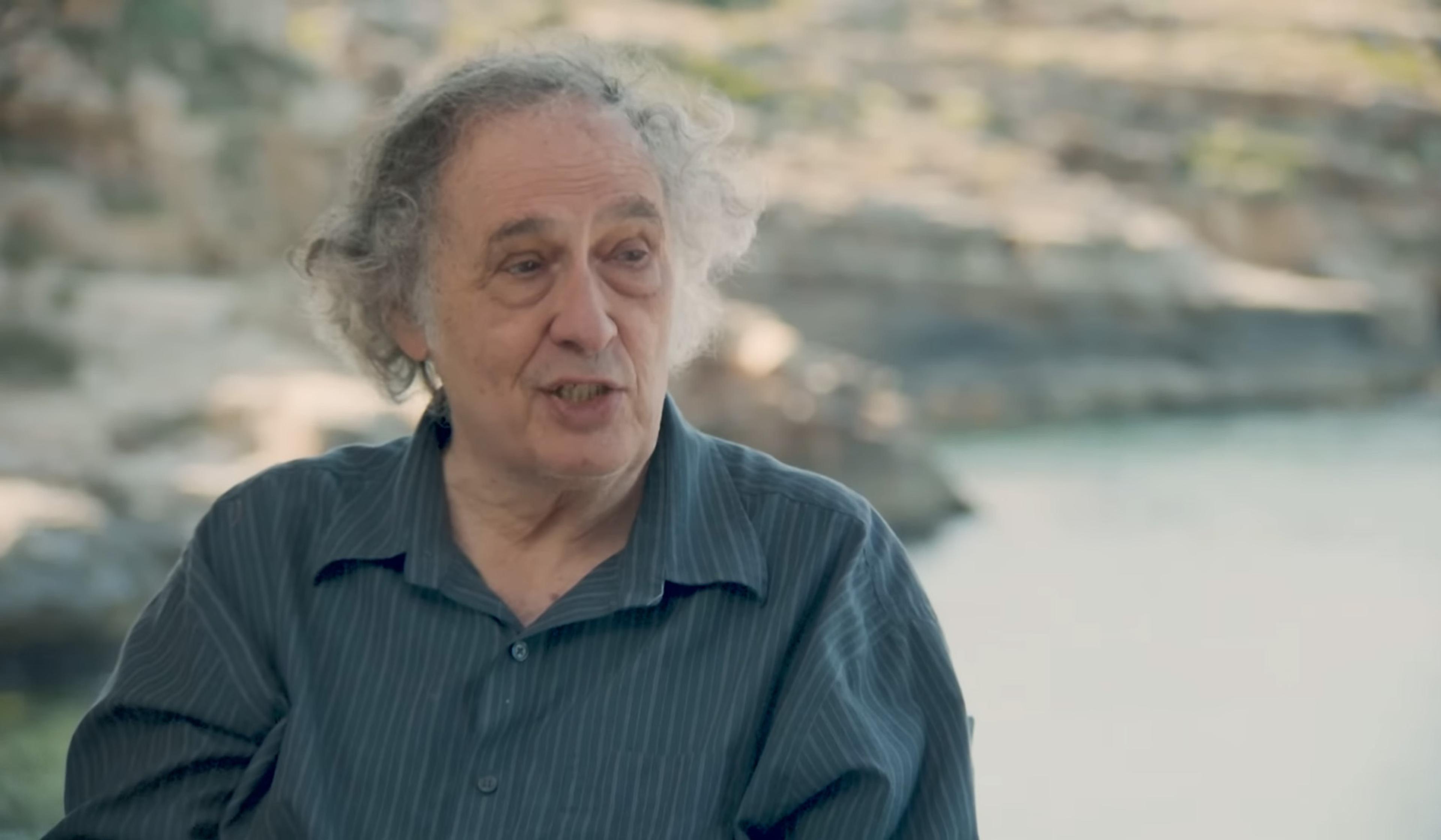The 20th-century Austrian-British philosopher Karl Popper believed that any theory that was not ‘falsifiable’ – capable of being tested and proven incorrect – should be dismissed as unscientific. He was particularly critical of Marxist theory, which he believed was constantly being revised by its adherents to account for its failed predictions, and therefore could not possibly be scientific. The falsification principle is a cornerstone of the modern scientific method, but some contemporary scientists, cosmologists and philosophers believe it might need to be revised as they investigate concepts such as string theory and the multiverse, which come up against the limits of what is testable – at least for now.
‘Falsification’ ruled 20th-century science. Does it need revision in the 21st?

videoComplexity
A radical reimagining of physics puts information at its centre
13 minutes

videoPhilosophy of religion
If you think that modern cosmology leaves no room for ‘god’, start using your imagination
27 minutes

videoCosmology
Turns out that, even when Einstein was wrong, he was kind of right
6 minutes

videoMathematics
How a verbal paradox shattered the notion of total certainty in mathematics
5 minutes

videoKnowledge
Why David Deutsch believes good explanations are the antidote to bad philosophy
10 minutes

videoMetaphysics
Bertrand Russell wanted to kill off causation. Can contemporary philosophy rescue it?
8 minutes

videoMetaphysics
To see the Universe more clearly, think in terms of processes, not objects
6 minutes

videoPhysics
The Standard Model might be the most successful theory in science. But what is it?
16 minutes

videoQuantum theory
Mind-bending new quantum experiments are blurring past, present and future
10 minutes